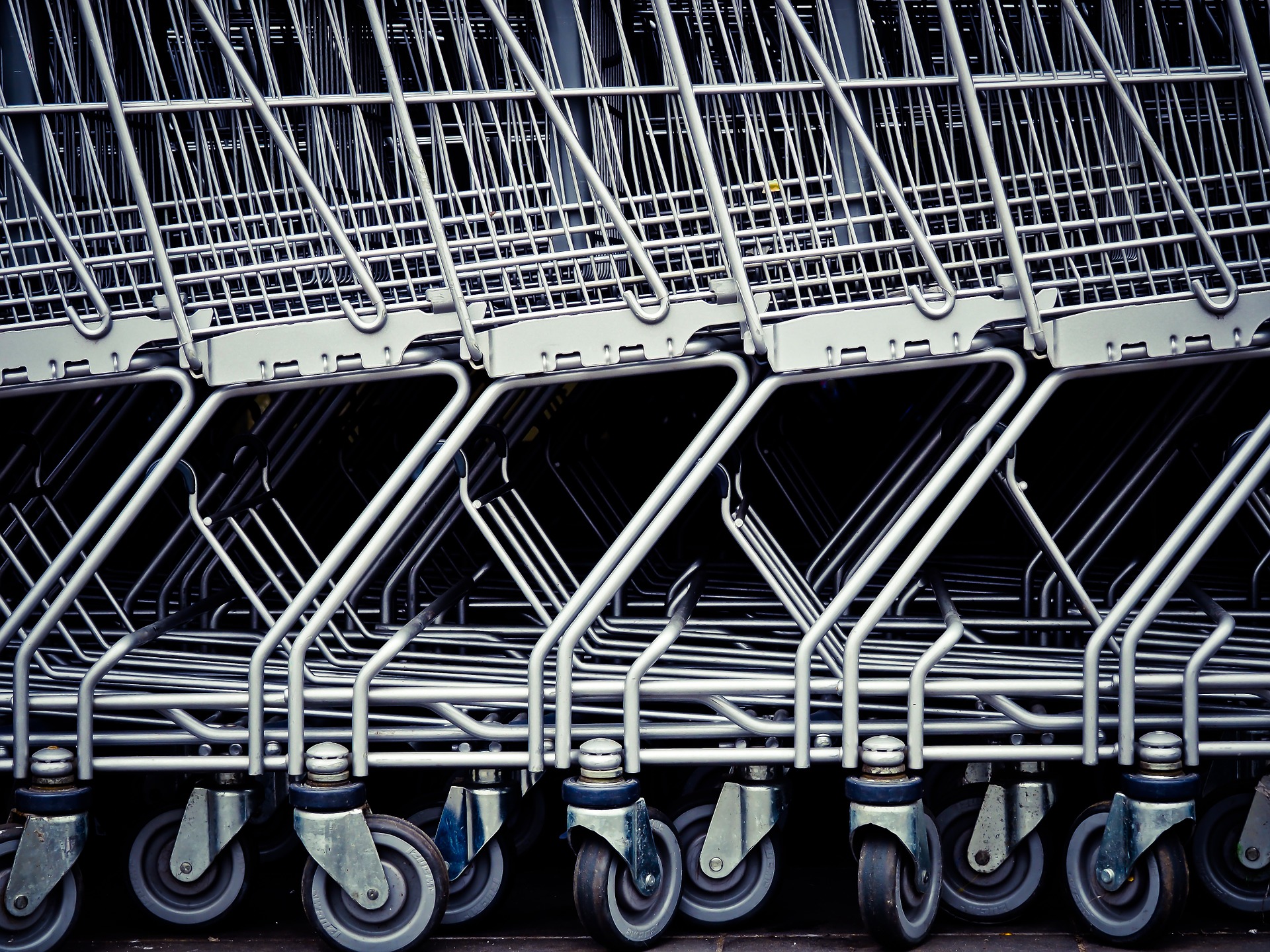2016 - a very great year for some and a very challenging year for others.
For some retailers, 2016 was a year of wins - and some trying lessons that’ll hopefully make for a better new year.
1. Walmart
Walmart had a great year as it was the year they advanced their ecommerce and were named the Mobile Retailer of 2016. They’ve made significant strides in their business model, technology updates, and made impactful acquisitions. They acquired Jet.com to revamp it’s ecommerce model and can easily position itself as a real contender to Amazon. 2016 was also the year that Walmart saw growth in their Walmart Pay - the retailer's mobile platform to encourage online activity from customers.
2. Home Depot
The home improvement giant was ranked #1 by the research group L2’s 3rd annual Digital IQ Index Study for their digital performance. They were considered to have a “best-in-class ecommerce site, having a shoppable social feed and a robust mobile site.” Coming in at #2 was Best Buy. Out of 65 big-box retailer brands, Home Depot was classified as a “Genius” meaning they were a store that “digital competence is a point of competitive differentiation” and “creatively engineered messaging to reach consumers on a variety of devices.”
3. Amazon
There’s no way you can look back to 2016 and not think about Amazon’s debut of Amazon Go - the completely checkout-free shopping experience from the online retailer. It raised many considerations and especially questioned whether or not we’ll have a need for store associates in the future. Although no physical location has popped up, it has raised awareness to the fact that AI is powerful thing. With Amazon Go’s stores being completely outfitted with customer-tracking analytics, being able to literally “grab-and-go” is very possible.
Amazon Echo
The Amazon Echo was the best-selling product across Amazon this past Christmas with the retailer saying sales were up “9x versus the year prior.” Alexa, the AI software that powers Echo, continues to get smarter with each request asked of it and customers can’t get enough. Sold to millions worldwide, the product ended up selling out despite an increase in production.
4. Macy’s
You couldn’t think of a mall without thinking about Macy’s but in recent events, that’s looking to change. The department store announced that they would be closing down 100 of its stores and refocusing their efforts on high-performing stores and its online presence. This follows a long line of retailers who are facing heavy competition from online outlets like Amazon. Stores such as Macy’s are considered “anchor tenants” at malls and their departures can affect traffic at other stores and put pressure on remaining department stores to perform. With stores like Macy’s leaving the malls, landlords have to seek anchors in other types of retail stores and attractions. Some Macy’s stores are looking to profit off their current store space by renting out square footage to other retailers.
5. Sports Authority
2016 was the year that Sports Authority shut down all 463 of its stores. The closings came after the company filed for bankruptcy and opted to sell itself off for whatever they could get. Sports Authority was another retailer who had trouble keeping up with the likes of online retailers such as Amazon. Sports Authority also had poorly positioned store locations, with many of them not being convenient enough for customers. Stores closed at the end of August after the chain had a huge going out of business sale where products were heavily discounted. Dick’s purchased the rights to the online name, which with searches for the website being re-routed to Dick’s Sporting Goods.
